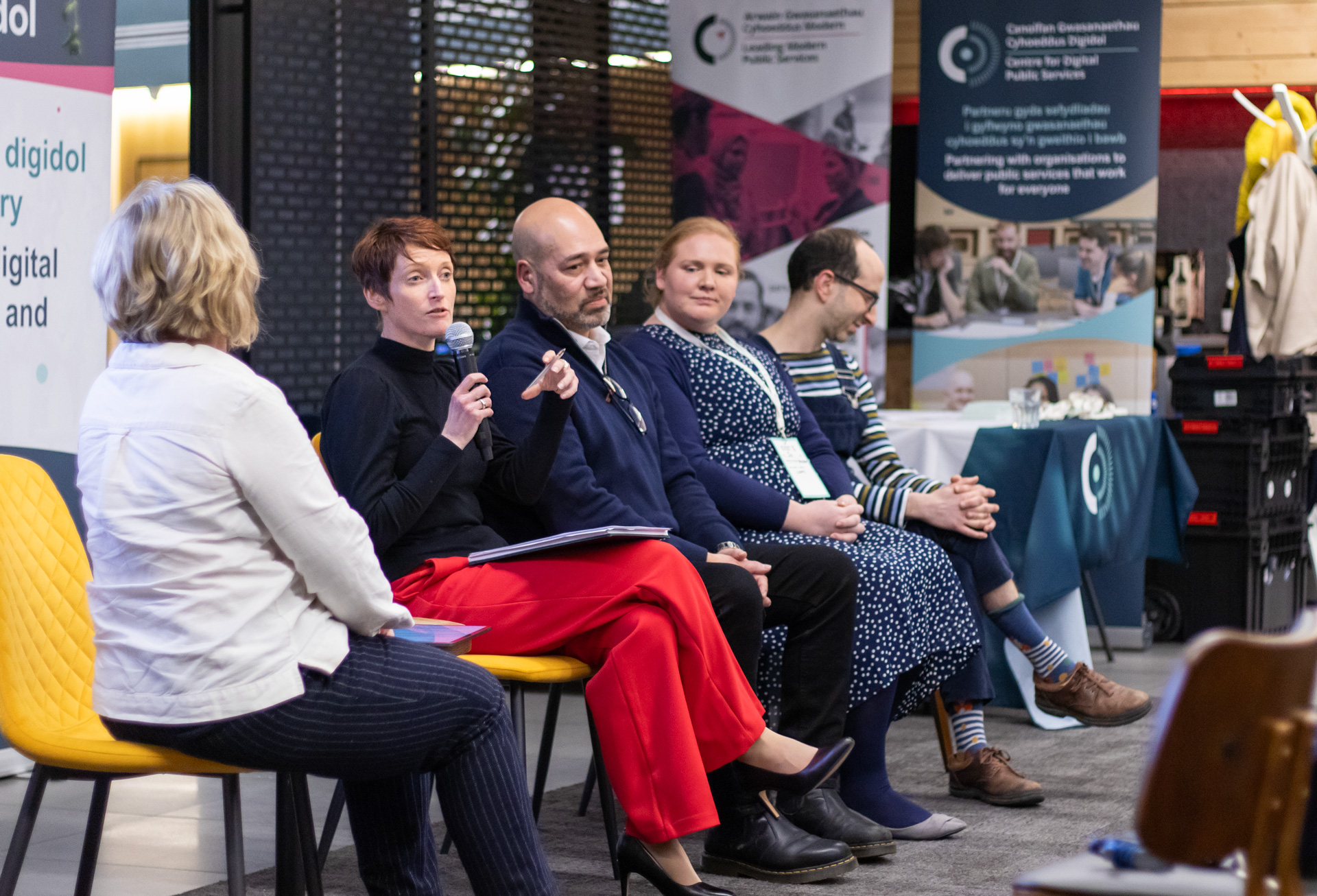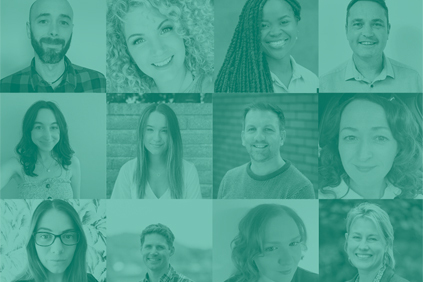I recently had the pleasure of being a speaker at the Dolenni Digidol event hosted by the Centre for Digital Public Services, and it was great to come together with public services leaders to explore the importance of digital accessibility.
The commitment to delivering this important agenda was greatly encouraging, and the open conversations the event enabled were hugely valuable in terms of understanding the challenges facing the public sector and how these could be overcome.
The way that public services are delivered in Wales has changed significantly in recent years, with ‘digital’ now the primary route to a range of services including healthcare, financial entitlements, local authority support, information and advice and more.
The number of older people using the internet has also grown a great deal during this time: 87% of people aged 65 to 74 are now online, while for people aged 75+ this figure has reached 67%.
Many of the older people I have met with across Wales have spoken about the benefits of being online. But alongside these comments I also often hear about the barriers people face when trying to engage digitally with public services – websites that are difficult to navigate, text that’s too small to read, forms that are confusing or systems that assume digital skills or confidence many older people don’t have.
This isn’t just an inconvenience, it can mean the difference between receiving essential services and being excluded or left behind.
That’s why ensuring digital accessibility across public services and platforms is crucial. It’s not just about compliance or ticking a box, it’s about people and their lives.
Digital accessibility must be a people-first priority in service delivery as public services must work for all of us, not just the digitally confident.
Prioritising accessibility will help to promote independence, enabling older people to do things like book a GP appointment, apply for financial entitlements or pay a council bill online without having to relying on help from others.
Improved accessibility also supports improved efficiency as when services are designed with older people in mind, they become easier for everyone to use, reducing confusion, errors and potentially costly helpline calls.
Taking this action will also help to reduce digital exclusion by making digital services more user-friendly, simple, clear and usable by all.
The Welsh Government has committed to an inclusive digital future, but we must go further. Digital accessibility should not be an afterthought – it must be embedded from the start.
This means:
- designing websites, apps, and services with larger text, clear language, and easy navigation
- providing support and training based on what older people say they need and want to feel confident using digital services
- listening to and learning from older people’s lived experiences
- investing in training for those responsible for accessibility
- always offering alternative access for those who may have limited digital skills or are unable to use online services

Rhian Bowen-Davies, Older People’s Commissioner for Wales

Rhian Bowen-Davies, Older People’s Commissioner for Wales
Public service leaders across Wales have a vital role to play in prioritising accessibility for everyone and driving this agenda forward, with opportunities to make a real difference and transform people’s online experiences.
For me as Older People’s Commissioner, this means doing even more to ensure that the digital platforms and resources I use are tested with older people and shaped by their voices and experiences to ensure they are both impactful and accessible. Alongside this, I’ll also continue to share information about accessibility concerns raised by older people with colleagues and partners to enable and support wider learning across our public services.
As highlighted above, this is not just about technology, it’s about people. It’s about making sure that everyone in Wales – including older people – can access the services and support they need without barriers, without frustration, and without fear of being left behind.
Because an accessible Wales is an inclusive Wales. And an inclusive Wales is a stronger, fairer, and more compassionate Wales.
What I’m going to take away is the importance of testing digital platforms with those who have lived experiences, experiences that can help us strengthen digital and public services here in Wales.
– Rhian Bowen-Davies, Older People’s Commissioner for Wales
Join our next Dolenni Digidol event
At our next Dolenni Digidol event on Wednesday, 2 April in Swansea, we will examine the role of AI in public services. The event will explore both the opportunities and challenges AI presents, featuring real-world case studies from the Swansea Bay City Region.
